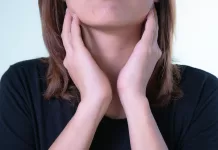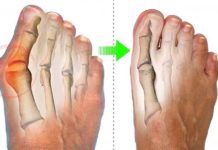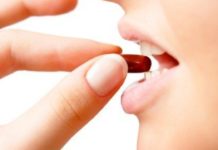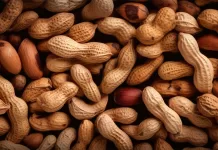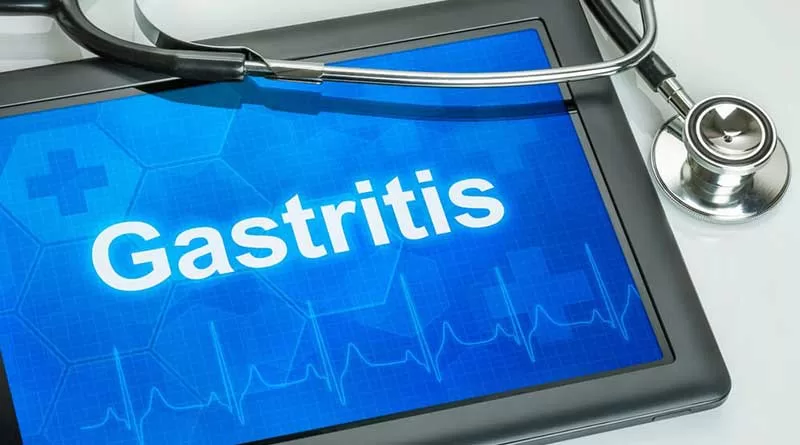It is called gastritis to the inflammation of the mucosa that covers this organ. The treatment of gastritis is curative, with different lines and types of treatment:
- General symptomatic treatment, to relieve symptoms.
- Specific or etiological treatment, different according to the process that triggers gastritis. So, let’s expose below:
- Treatment of gastritis by NSAIDs
- Helicobacter pylori gastritis
- Stress gastritis
- Portal hypertension gastritis
In cases of hemorrhagic gastritis, such as NSAID gastritis or stress. Endoscopic and surgical treatment may be necessary.
Symptomatic treatment of gastritis
Given the suspicion of gastritis, while confirmation is being carried out. Therapeutic measures are indicated to alleviate the patient’s symptoms. Regardless of the specific etiology of the disease, these guidelines are usually part of the treatment of all patients with gastritis. These measures consist of:
- Diet without irritating substances. Avoid taking copious, spicy foods, as well as aggressive foods and drinks for the gastric mucosa such as coffee, dairy products and alcohol.
- Drugs that protect the gastric mucosa :
- Oral antacids
- Antagonists of H2 receptors, which decrease gastric secretion, such as rhinatidine.
- Proton pump inhibitors, the drug representative of this group is omeprazole. They constitute the group of medicines most used in gastritis. Avoiding an excessively acid pH in the stomach, avoiding possible complications such as gastric hemorrhages and gastroduodenal ulcers.
- Gastrokinetics (metoclopramide, domperidone and the like) can be added if there is evidence of gastric motility disorders .
Specific treatment of gastritis
To begin this treatment it is necessary to confirm the cause of the gastritis. Since it will be different according to the harmful mechanism that is originating it.
Gastritis by NSAIDs
Symptoms usually improve when the medicine is withdrawn. If the NSAID can not be withdrawn, an attempt is made to reduce the dose and administer it together with food.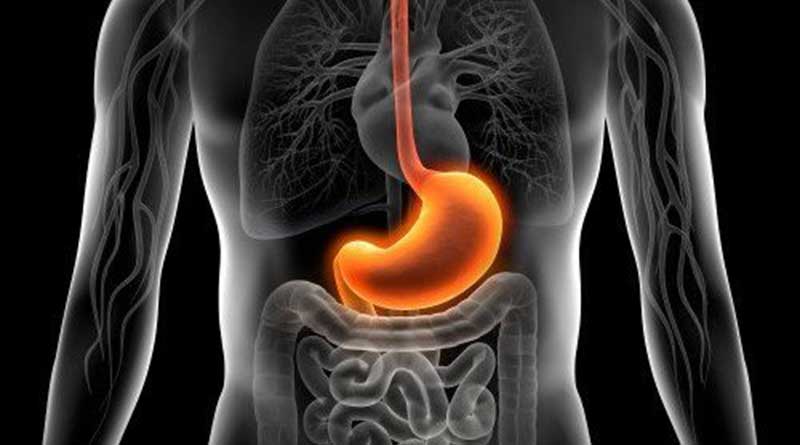 If the symptoms persist, the etiology must be confirmed by an endoscopic and histological study. a symptomatic treatment based on sucralfate is taken before meals and at bedtime. Misoprostol (prostaglandin analogue) or any of the protective drugs of the gastric mucosa mentioned above.
If the symptoms persist, the etiology must be confirmed by an endoscopic and histological study. a symptomatic treatment based on sucralfate is taken before meals and at bedtime. Misoprostol (prostaglandin analogue) or any of the protective drugs of the gastric mucosa mentioned above.
Gastritis associated with Helicobacter pylori
In these cases the treatment is directed to the elimination of Helicobacter pylori. There are different lines of treatment, the most used is the triple scheme: inhibitor of the proton pump (omeprazole). Clarithromycin and amoxicillin for 4 weeks.Once the treatment is completed, a confirmation of the elimination is necessary. If it has not been achieved, other drugs (such as bismuth salts) are added, searching for the appropriate treatment line.
Stress gastritis
This type of gastritis occurs mainly in serious hospitalized patients (polytraumatisms, severe infections, severe burns) so the main treatment is to improve the underlying pathology and stabilize the patient.Once the patient is stable, general measures are used for gastrointestinal bleeding (below) and gastric mucosal protective drugs (sucralfate, proton pump inhibitors or H2 receptor antagonists).
Portal hypertension gastritis
Gastritis can be derived from a picture of portal hypertension. In these cases the treatment of choice are
beta-blockers that decrease the pressure of the portal vein as in propranolol or in nadolol. By improving hypertension, the gastritis picture will improve. In severe cases (gastric hemorrhage), the treatment can be surgical, using portal decompression techniques.
Treatment of hemorrhagic gastritis
Some acute gastritis debut as a digestive hemorrhage, in these cases the first step to follow is to stabilize the patient (control of hypovolemia, blood pressure and constants) and to control the hemorrhage. For the control of bleeding, an endoscopy should be done within the first 24 hours to assess the risk of rebleeding. If the risk of rebleeding is low, stabilizing the patient and symptomatic treatment is sufficient. If the risk of rebleeding is high, endoscopic hemostasis techniques are performed:
If the risk of rebleeding is low, stabilizing the patient and symptomatic treatment is sufficient. If the risk of rebleeding is high, endoscopic hemostasis techniques are performed:
- Techniques for adrenaline injection, sclerosing or glues.
- Thermal techniques, with laser or argon gas; or contact, with electrocoagulation.
- Mechanical techniques based on the ligature with bands or hemoclips (fix edges of the bleeding to avoid rebleeding)
- Hemospray, prepared in powder that forms a film that activates the coagulation.
If the techniques of endoscopic haemostasis fail to stop the bleeding. It is necessary to resort to more aggressive surgical methods such as resections. Given their high mortality they are the last line of treatment. There are other causes of gastritis, such as infections, toxins, thermal insults, disorders of the immune system. In each case, one must look for the etiology and prescribe a specific treatment.In asymptomatic and nonspecific cases. etiological medical treatment is often not necessary. With dietary modifications and symptomatic treatment being sufficient.

